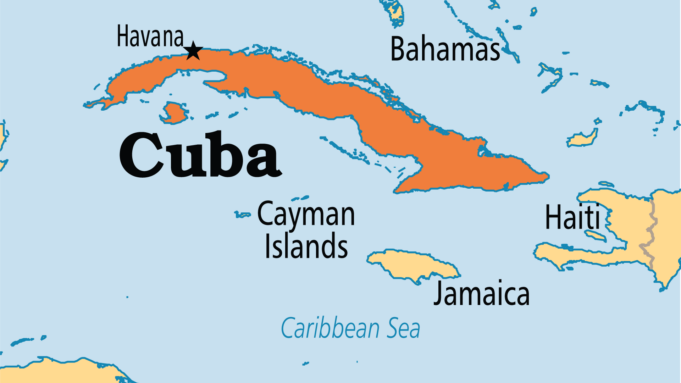Cuba has summoned the United States’ charge d’affaires to the country, denouncing Washington for “intervening” in the island’s internal affairs.
The move came on March 18, a day after the U.S. government said in a post on X, formerly Twitter, that the Latin American state had to “respect the human rights” of demonstrators, who had protested power cuts across the country.
Cuba’s foreign ministry called the American diplomat, Benjamin Ziff, to a meeting with Deputy Foreign Minister Carlos Fernandez de Cossio, “who formally conveyed his firm rejection of the [U.S.] government’s interventionist behavior and slanderous messages.”
Cuban President Miguel Diaz-Canel also lashed out at a number of U.S. congressmen, who had similarly encouraged the protesters.
“Mediocre politicians and networked terrorists lined up from South Florida to heat up the streets of Cuba with interventionist messages and calls for chaos. They were left wanting,” he said on X.
A U.S. State Department spokesman, however, alleged that it was “absurd” to suggest Washington was behind the protests.
The countries became ideological foes soon after the 1959 revolution that brought Fidel Castro to power. The United States broke off diplomatic relations with Cuba in 1961 and placed an official embargo against the country in 1962. Their ties remained hostile even after the end of the Cold War.
The U.S. Congress has been a major opponent of the normalization of ties as well as the embargo lift. The embargo was reinforced under former U.S. president Donald Trump. Trump’s successor, Joe Biden, has chosen to tread down the same path. (PressTV.ir)













